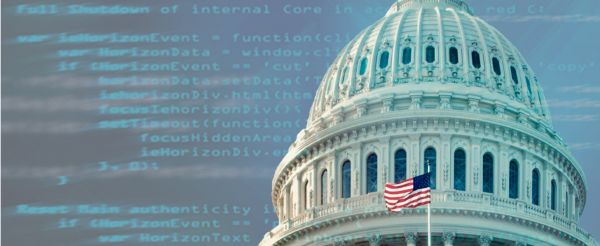

Deepfakes and AI-Driven Disinformation Threaten Polls
Cheap and easy access to AI makes it harder to detect state-sponsored and homegrown campaigns during this election year

On April 18, 2024, the UK’s Metropolitan Police Service and others conducted an operation that succeeded in taking down the Phishing-as-a-Service provider LabHost.


Cheap and easy access to AI makes it harder to detect state-sponsored and homegrown campaigns during this election year


This blog entry aims to highlight the dangers of internet-facing routers and elaborate on Pawn Storm's exploitation of EdgeRouters, complementing the FBI's advisory from February 27, 2024.


In this blog entry, we discuss Trend Micro's contributions to an Interpol-coordinated operation to help Brazilian and Spanish law enforcement agencies analyze malware samples of the Grandoreiro banking trojan.


On April 18, 2024, the UK’s Metropolitan Police Service and others conducted an operation that succeeded in taking down the Phishing-as-a-Service provider LabHost.


Learn how far cybersecurity has come from scattered resources to consolidation the future.


Delve into the crucial practice of file scanning within uploader applications, and learn defensive measures to safeguards against malicious threats like malware.


Delve into the world of red team exercises, their vital role in enhancing organizational security through simulated cyberattacks, including tactics like phishing and lateral movement within networks, and understand the need for regular testing and improvement to counter evolving threats effectively.


Our blog entry provides an in-depth analysis of Earth Hundun's Waterbear and Deuterbear malware.


Discover how Trend is strengthening its endpoint solutions to detect fileless attacks earlier. By leveraging Intel Threat Detection Technology, Trend enhances the scalability and resiliency of its solutions.